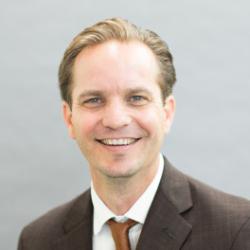Kishore Jayabalan, director of the Acton Insitute’s Rome office – Istituto Acton – has issued the following statement today regarding Pope Francis’s much-awaited enviromental encyclical Laudato Si’. Among other things, Jayabalan notes: “[Francis] seems to blame markets, over-consumption and especially finance, rather than human sin, for all our environmental problems.”
I appreciate and welcome Pope Francis’s encyclical, Laudato Si’, which challenges us to re-examine how we treat the earth and each other. These are non-negotiables for Catholics and there is much we can do to improve our everyday conduct. I must admit to disappointment when it comes to the pope’s overwhelming attribution of environmental and social damage to market economics, however. He seems to blame markets, over-consumption and especially finance, rather than human sin, for all our environmental problems.
His partial analysis neglects what markets and finance have historically done to provide cleaner air, water, and greater food security for millions of people the world over. We know that environmental damage is much worse when no one is responsible for their own property and when they can’t plan for their own future by way of insurance or commodity futures. Economics has actually helped well-intentioned people achieve the goals of poverty reduction and sustainable development, even as much work remains to be done. Any system reflects the character of those who act in it, so personal and social ethics remain fundamental.
I am therefore curious as to what the Holy Father would want us to do in this much-criticized global economy? We can certainly become enslaved to technology and material possessions, as the pope says, and should find ways to avoid it. But simply consuming less often ends up hurting the poor who would like to do business with us. Would making everyone materially poorer make us spiritually richer? Perhaps for some, but not for those who lack the basic necessities of life. Would saving and investing, rather than consuming, be a better way to help the poor? I would like to think that the pope wants us to become more mindful and intentional in what we do and to live with a spirit of detachment as we engage the very marketplaces he seems to condemn.
For more expert commentary, please visit our media page dedicated to the social encyclical Laudato Si’ .

